Imagine working as a street and documentary photographer, capturing the simplicity of things, places and moments that surround us - doesn’t that sound magical?
%20(1)%20(1)%20(1).jpg)
But even though - on the surface of the iceberg - it seems like a dream, the reality is that behind that wonderful life lies tons of hard work.
Take the cloud: it’s great to have a free spot on someone else’s computer to store all your work, but the day you run out of space - how do you feel about paying for it every single month for the rest of your life? Add in the headache that comes after your hard-drive fails, and 50% of them fail every five years!
As you may have noticed, this situation can’t be considered sustainable and there are better ways to deal with private cloud photo storage - just waiting to be found.
In this article we’ll hear Anete’s experience and how she dealt with this situation.
Born in Latvia, now a photographer in the UK - digging into Anete’s life
Born in Latvia and a graduate of Sheffield Hallam University, Anete Lusina is a street and documentary photographer who also devotes time to writing - and mentoring others.
.jpg)
In fact, while she differentiates her work (both writing and photography) by being a very detail-oriented person, she also loves empowering those who feel self-conscious about their skills or vision.
“You don’t have to follow trends or try to fit your work into the Instagram or Facebook algorithm, because personal photography goes way beyond that. That’s something important to me: sharing with others and encouraging them to pick up their camera no matter how old they may be.”
Anyway, taking photos as a hobby makes you inclined to spend a little money on private cloud photo storage. Instead, when you do it as a professional, you’re very likely to sign up for several service subscriptions that may not seem expensive at first, but they quickly add up together with the amount of photos you need to store.
What’s more, the “free” tools are really only “seemingly free”, as even large companies like Google collect user data, molding it into their own end-product and changing their policies at a moment’s notice creating unnecessary worries when it comes to storing private work.
These were some factors that prompted her to look for a different solution.
Searching for a different solution, one that’s private and monthly-fee free
As you may have noticed, the world of professional photography is not only about platonic, timeless things, but also about tangible problems waiting to be solved.
For her professional life, Anete used physical drives, but also Google and Dropbox.
“I’ve always thought it’s important to back up my work in two different places, because I’ve seen my friend lose his work twice.”
Indeed, to have peace of mind she applied the renowned 3-2-1 backup rule that says to:
- Make 3 copies of your data.
- On 2 different media.
- 1 of which has to be stored off-site for immediate data recovery.

In addition to almost completely securing your data, this rule of thumb has been elected as the best way to deal with ransomware attacks in 2021.
Learn more about the 3-2-1 backup rule by downloading the FREE eBook.
These kinds of practices are good for preventing unexpected events. However, having a more reliable (and secure) product than HDDs to back up your data is critical.
“I thought about getting a more reliable product than just external drives.”
In fact, Anete highlighted a few key points along the way:
- The fear of losing data due to physical drives malfunctioning or theft. As we saw above, one of Anete’s friends lost his work twice due to this fact (as said in the intro 50% of them fail every five years).
- “Ease of access when it comes to sharing files with clients or people I talk to, like JPGs that can be easily opened on my phone - it’s something I want to be able to access and share easily when I store my work.”
- Professional photographers subscribe to several low-priced subscriptions, which together form a hefty recurring fee, which is why she recently wrote an article listing free business resources for her industry.
- Big companies use people’s data for marketing purposes, as they make you sign when creating the account - here’s related reading on this topic where the security and privacy of the most famous cloud storage solutions were analysed.
And while she was hearing a lot about NAS from her industry peers, finally it allowed her to take back control over data with a one-time fee. But she wasn’t so convinced - instead, searching for a more reliable and easy-to-use product for private cloud photo storage.
She was looking for something “that was out there”, somewhere else - with no trade-off between privacy and storage. In the next section you’ll find out how this Hamletic doubt ended.
Privacy or Cloud - Why not both? One-time payment, private cloud photo storage with Cubbit
Wandering between these two - seemingly opposing - needs, an answer seemed like a mirage.

Yet something happened, and one day Anete received an email about Cubbit: a distributed cloud storage that apparently claimed to be 100% private while asking for a one-time fee.
And there’s more - unlike traditional cloud storage solutions, which store data on centralized server farms, Cubbit relies on a p2p network of nodes, made up of its own users.
This implies some things that Anete highlighted during the chat we had.
“Every file stored is protected by 3 layers of security.
First, it is encrypted with a military-grade protocol. Secondly, it’s split into redundant chunks by state-of-the-art algorithms and finally spread across the zero-knowledge network where not even Cubbit can access the data.
Many people are scared that large companies like Google can read their data, and when you backup your information to Cubbit, it takes care of this problem perfectly. Also, the data is redundant which means it can never be lost.
Also, the absence of a big data center reduces CO2 pollution. In fact, Cubbit emits 10x less than traditional solutions. This factor allows users to have their own positive impact on the environment.
Last but not least, Cubbit’s web-app looks very similar to the popular solutions on the market, making the user experience super easy and allowing access to data from wherever I am.”

Of course, Cubbit being in its Beta version means that some features still need to be rolled out: like the mobile app (coming soon!) and the expandable cloud storage (up to 4TB) by simply plugging in any unused hard-drives you have at home.
In anticipation of future features, Anete admitted that she's already started moving her data to Cubbit for private cloud photo storage.
But you don't have to take her word for it.
You don’t have to take the word for it because everyone has their own personal needs and habits. Try Cubbit for free for 30 days — no credit card required!








